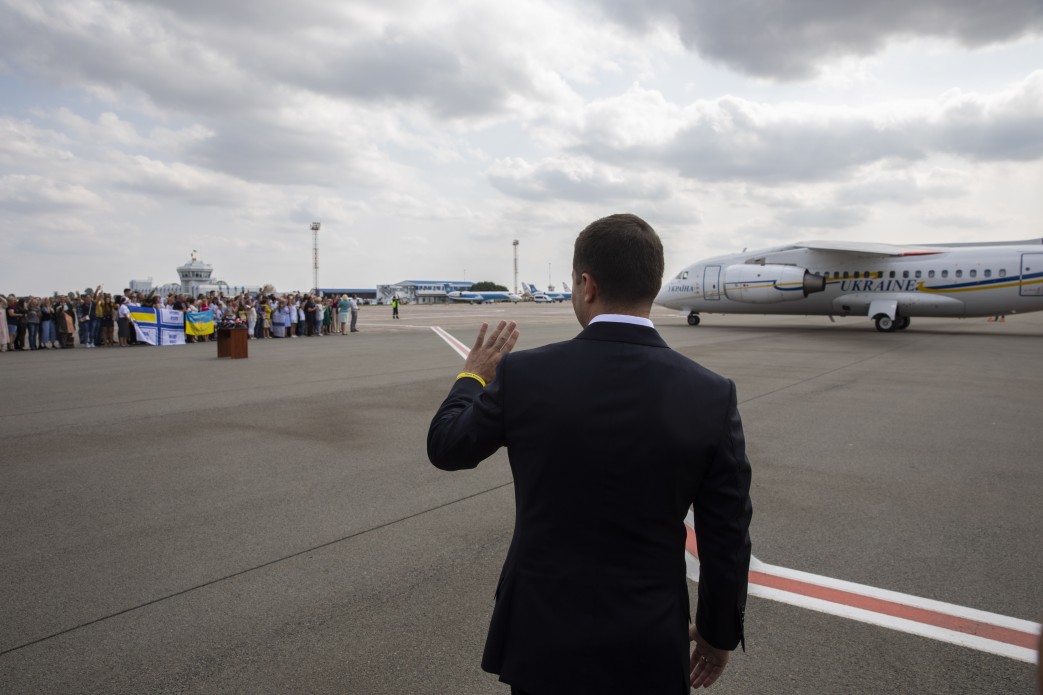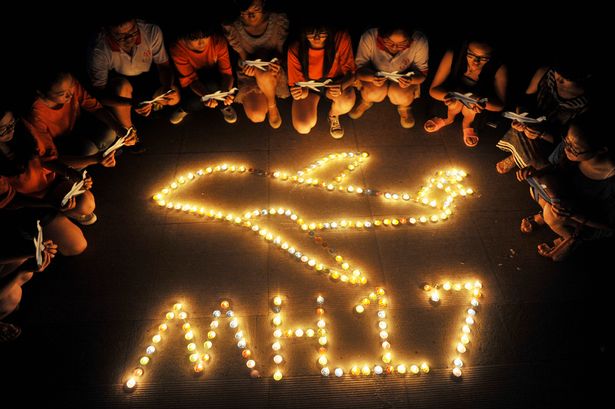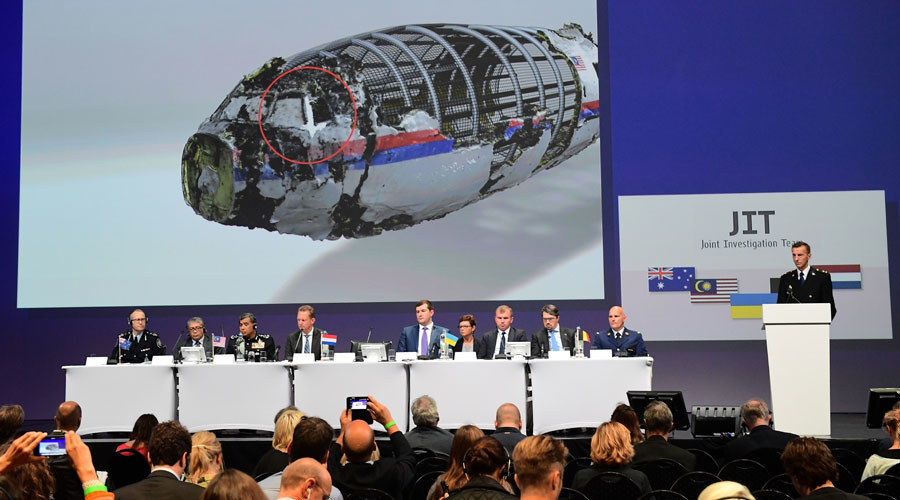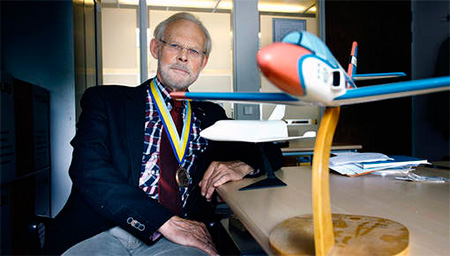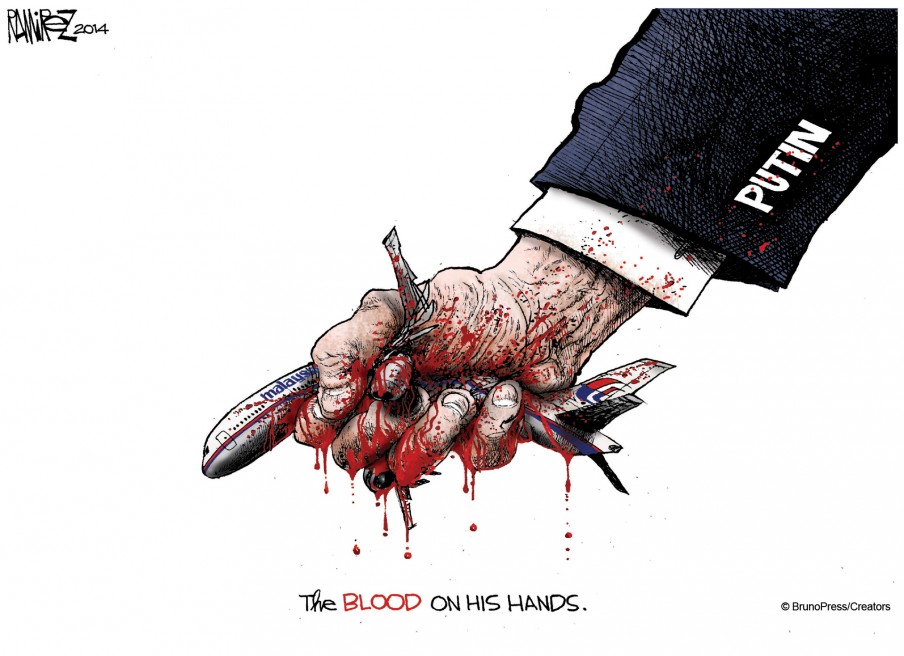Putin succeeded in securing alleged MH17 accomplice Tsemakh, discrediting the Ukrainian position in the West, and continuing the “constructive” negotiation process.
The liberation of Ukrainian citizens, many of whom have remained prisoners of Russia in prisons and colonies for years, initially causes a completely natural emotional reaction of joy and fellowship within any normal person. However, the emotional aspect is beyond the scope of analytical commentary. Our task is to understand the motives of the parties and the possible consequences of the exchange.
The motives of the Ukrainian side are much clearer and more transparent than those of the Russian side. In addition to the emotional and human aspects mentioned above, there is also a completely natural desire of the new president Volodymyr Zelenskyy to demonstrate his fulfillment of promises and concern for each of his compatriots. Moreover, I will not even assert that this demonstration had a distinct political strategy aspect. Because from a politically strategic point of view, rather than engaging in an exchange now when the president’s popularity and support is infinitely high, it is more convenient in a few months, when his ratings start to decline against the backdrop of the inevitable political and economic disasters to come. However, Zelenskyy – and we see this both in his work and in the work of the parliament controlled by him – prefers to do everything at a fast pace, without thinking about his own political perspective. And from a humanitarian point of view, this speed in the liberation of Ukrainians is rather a blessing because if the president was ready to pay the price he paid for this exchange, it is better done this September, as opposed to December. Indeed, for a prisoner every day in prison is like a year.
It’s worth spending more time discussing Russian motives. Why did Vladimir Putin go along with a prisoner exchange?
The first motive of the Russian president is very simple – Kyiv had something of interest – Volodymyr Tsemakh. For a long time it was assumed that Putin was interested in obtaining the former Ukrainian journalist Kyrylo Vyshynskyi [who worked as a Russian agent in Kyiv-Ed.]. The Ukrainian authorities also assumed this after they detained Vyshinsky on charges of treason and had hoped that Putin would exchange him for Sentsov or Sushchenko. But on the contrary, Putin did not show any particular interest in just some journalist, even one working with Russia and close to Dmitry Kiselyov. Tsemakh is a completely different matter though. The Kremlin is seriously preparing for the Flight MH17 law suit, and the appearance of such an important witness in this court proceeding hits Russian interests. That is why news of the special operation of the SBU’s capture of Tsemakh was received in Moscow with such nervousness and the task was set to prevent the possible departure of Tsemakh to the Netherlands by any means. For the sake of fulfilling this task, Putin did not hesitate to give not only the Ukrainian sailors, but also Sentsov, to whom the Russian leadership traditionally demonstrated particular hostility. All the rest of the liberated Russians are only a side dish to Tsemakh; they have no significance for Moscow.
The second motive for Putin’s decision is, in fulfilling the task of freeing Tsemakh, to demonstrate to the West the readiness of the new Ukrainian leadership to solve its own problems and go against the general line of prosecution of Russia for war crimes committed by its leadership, to blur solidarity on the issue of punishing those responsible for the destruction of the Flight MH17, and thus to make it easier for Western countries to solve their internal problems at Ukrainian expense. This is a very important task. Earlier, thanks to a large arms contract with Russia, Malaysia was withdrawn from the “MH17 coalition,” whose authoritarian prime minister, Mohathir Mohamad, virtually refused to accuse Moscow of involvement in the destruction of the plane of its national airlines. Thanks to the liberation of Tsemakh, Ukraine is in practicality leaving this coalition too. At least, if the Netherlands would benefit from believing that we left it, they have every opportunity to do so.
The third motive for Putin’s decision is to demonstrate to Volodymyr Zelenskyy his constructiveness in resolving the problems that were created in Ukraine by the Russian invasion. Simply put – everything can be solved if you fulfill Putin’s requirements. Thus, Putin skillfully lures Zelenskyy into the swamp of potential compromises that can lead not only to the end of the military conflict and the reintegration of the Donbas, but also to the return of Ukraine to its former role as a Russian satellite – a first step on the path to the absorption of Ukraine by Russia.
Putin’s fourth motive is to make it easier for Western “well-wishers” of Russia to create the myth that the Kremlin is returning to constructiveness and that Ukraine should be sacrificed for the sake of reanimating good relations with Moscow, moreover, it is worth putting pressure on the Ukrainian leadership to show “constructiveness” in relations with Moscow by agreeing with Putin’s terms, quickly returning to the role of the Russian satellite, and ceasing to annoy Western businessmen and those politicians who are primarily focused on profits from their relationships with the Kremlin, which brings us right back to the third motive.
I would conditionally call Putin’s fifth motive “the Savchenko effect.” When Savchenko’s release was being prepared, few knew that the Kremlin was counting on a large-scale special operation to destabilize the then Ukrainian government and state. Even though Moscow didn’t particularly hide the fact that by releasing Savchenko they intended to plant a political bomb in Kyiv, even those in the Ukrainian elite who were informed of such intentions tried not to mention it out loud, so strongly unpopular was such a suggestion in among Ukrainians.
We do not yet know whether there is such a “political bomb” or several bombs among those lines with today’s releases. But very soon we will find out – God forbid, before, and not after a successful “bombardment.”
In the meantime, it is worth recognizing that both participants in the “big exchange” – Volodymyr Zelenskyy and Vladimir Putin – came as close as possible to achieving their own goals associated with this exchange. Zelenskyy achieved the release of Ukrainian prisoners, whom we were relieved to meet today at home. Putin succeeded in securing Tsemakh, discrediting the Ukrainian position in the West, continuing the “constructive” negotiation process, which could lead either to a new serious conflict or to Ukrainian surrender, and strengthening the position of Russian “well-wishers” in the West.
The “big exchange” is over, but the “big game” for Ukraine is just beginning.
Read More:
- 35 Ukrainian hostages of the Kremlin, including Oleg Sentsov, finally home. 86 still remain (UPDATING)
- Facts about Crimea’s annexation now taboo in Russia
- The release of “DNR” fighter Tsemakh is Ukraine’s gift to Putin, says Portnikov
- Ukrainian court releases alleged MH17 accomplice Tsemakh on recognizance
- Major MH17 witness Putin’s trump card in Ukrainian prisoner exchange – Portnikov




